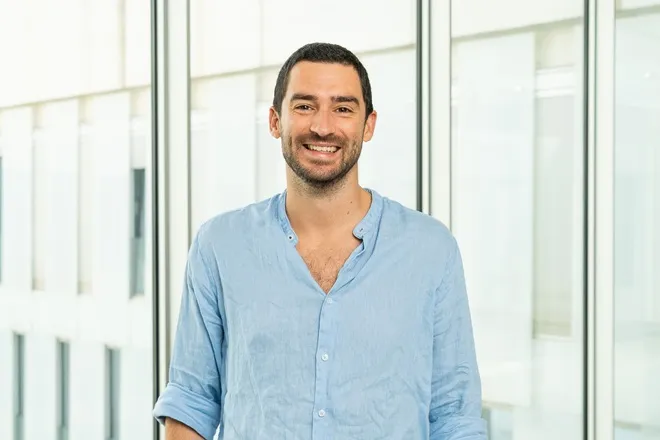
Four Things to Know to Avoid Getting Sick with Social Media
Over the last two decades, social media have dramatically changed the way in which many people spend their time, interact with others, and consume information. In the United States, for instance, adults spend around two hours per day on social media and teenagers around five (Gallup, 2023).
Unsurprisingly, the rise of social media has sparked a host of heated debates. At the societal level, events like the Brexit referendum and the 2016 election in the US underscored fears that social media may contribute to political polarization and disrupt the democratic process (Sunstein, 2001, 2017; Settle, 2018; Allcott and Gentzkow 2017). At the level of individual users, many became concerned that social media could be addictive and have detrimental effects on mental health, especially among teenagers and young adults (Twenge et al., 2019).
Recent research has begun to illuminate these debates. A host of recent studies confirm the suspicion that low-quality news with a partisan bias circulate widely on social media (Vosoughi, Roy, and Aral, 2018; Braghieri et al., 2023); however, the downstream effects on political polarization appear to be modest (Allcott et al., 2020; Guess et al., 2023; Nyhan et al., 2023). Research also shows that social media usage has negative effects on subjective well-being and mental health, especially among young adults (Allcott et al., 2020; Braghieri, Levy, Makarin, 2022). Furthermore, social media consumption exhibits features that are consistent with economic models of addiction (Allcott, Gentzkow, and Song, 2022).
Given these findings, users are like wonder how one can navigate the social media landscape more safely and effectively. While research provides less concrete guidance on this dimension, several commonsensical steps have the potential to enhance one's social media experience.
First, users should be aware of the amount of time they spend on social media. Most smartphones offer tools to track app and website usage, providing insights into personal Internet habits. Reflecting on whether one's social media usage aligns with personal preferences is crucial – do you spend more or less time than anticipated, and is this aligned with your desired time budget?
Second, awareness of social media's profit-driven attention-capturing mechanisms is important. Platforms thrive on user engagement, because their profits depend largely on advertising. Users should recognize that the platforms' incentives to maximize engagement sometimes lead to the promotion of content that is immediately attention-grabbing, but ultimately disappointing.
Third, be deliberate about the content you interact with on social media. Is the quality of the political news you currently consume on social media as high as you originally envisioned? Are the news you consume on social media more partisan than you would ideally want? When confronted with posts depicting a celebrity's or a friend's lavish lifestyle, do you feel better or worse about yourself? Purposeful engagement ensures that your social media experience caters more to your personal needs than to the platform's priorities.
Fourth, if social media seems to have a negative impact on you, taking a break may be beneficial. Prior research suggests that individuals who abstain from social media for a month report improvements in well-being.
In one form or other, social media are here to stay. Beyond governmental policies aimed at regulating social media platforms, individual users possess the agency to shape and enhance their social media experience. Ultimately, much of it is up to you!